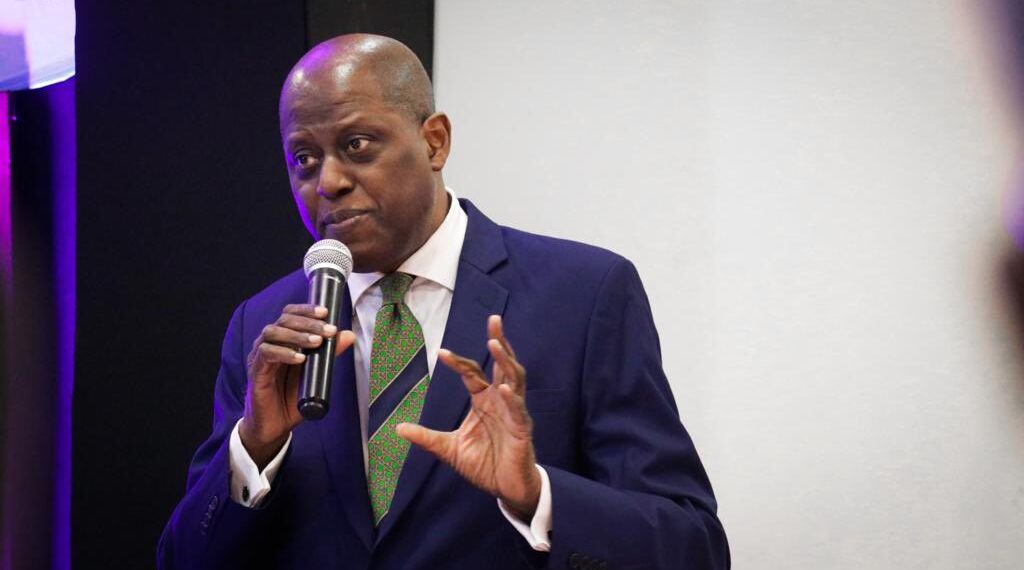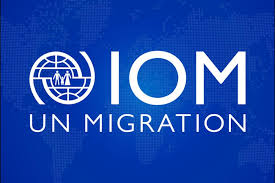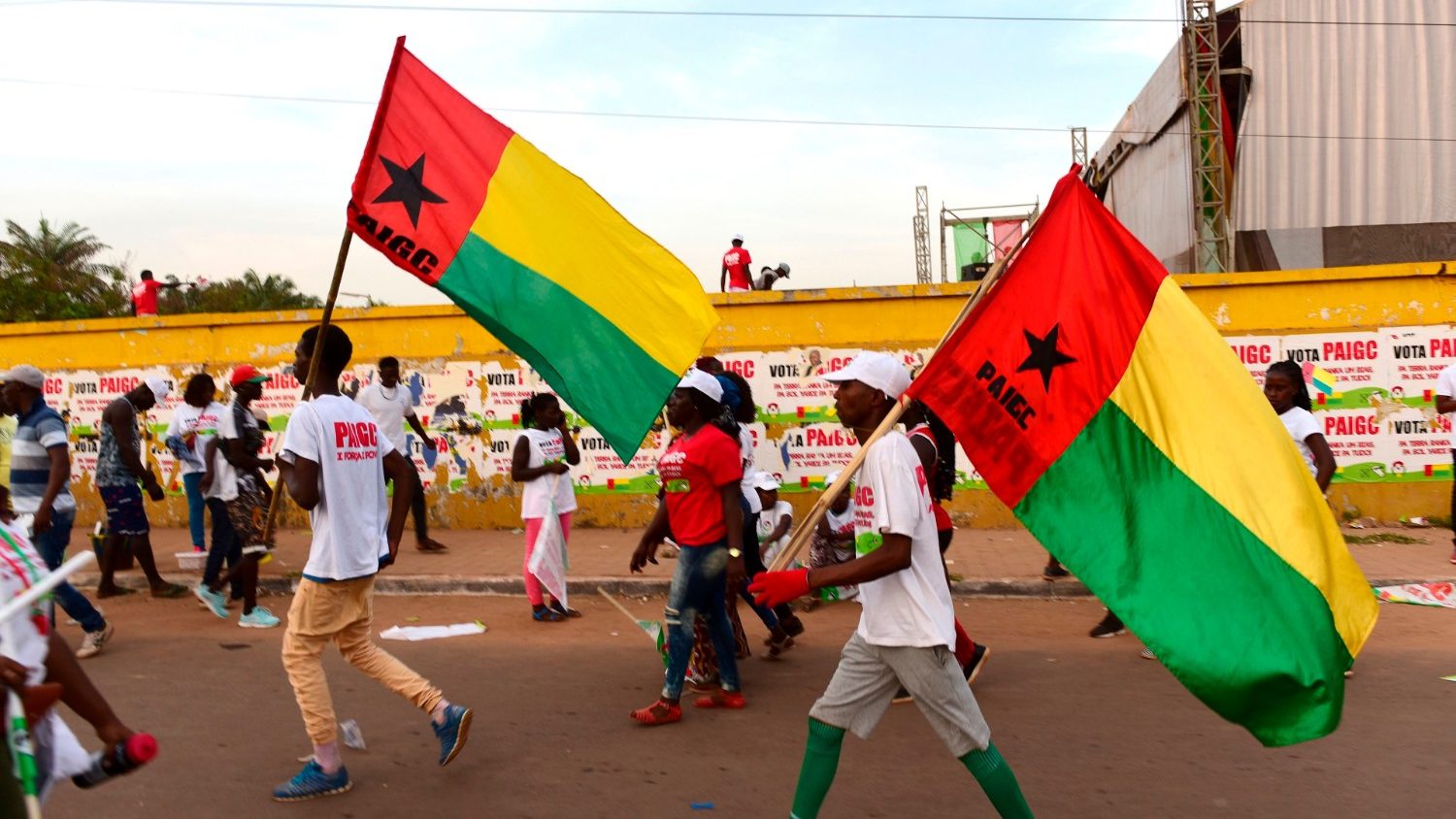Central Bank of Nigeria (CBN) Governor Yemi Cardoso has declared that the Nigerian Naira is now competitive, signaling a positive shift in the country’s economic landscape. This announcement follows a series of policy reforms implemented by the CBN aimed at stabilizing the currency, building investor confidence, and fostering economic growth.
Naira Competitiveness and Export Potential
Speaking to journalists in Abuja after the Monetary Policy Committee (MPC) meeting, Cardoso emphasized that the recent stability of the Naira reflects underlying strength and growing investor confidence in the CBN’s policy direction. He stated that Nigeria now has a more “competitive currency” that should incentivize exports and drive surplus growth. Cardoso urged Nigerian businesses to expand across the West African sub-region, emphasizing that the time is ripe for capitalizing on the new currency dynamics.
He attributed the improved competitiveness of the Naira to the CBN’s currency reforms, which have removed distortions and incentives for currency arbitrage, thus leveling the playing field for exporters. Additionally, he pointed to the expected decline in the importation of refined petroleum products due to the upcoming Dangote Refinery and other domestic refineries, which will ease pressure on foreign exchange demand and improve the trade balance.
Factors Contributing to Stability
Several factors have contributed to the stabilization of the Naira and the overall improvement in Nigeria’s economic outlook:
- Increased Foreign Exchange Reserves: Nigeria’s foreign reserves have increased significantly, rising from slightly over $3 billion to about $23 billion. This increase is attributed to improved transparency and confidence from global markets, as well as the government’s efforts to allow market forces to determine the exchange rate.
- Reduced Exchange Rate Volatility: Volatility in the foreign exchange (FX) market has declined significantly, falling below 0.5%, as Nigeria’s monetary and fiscal reforms stabilize the macroeconomic environment.
- Balance of Payments Surplus: Nigeria posted a Balance of Payments (BOP) surplus of $6.83 billion for the 2024 financial year, marking a significant turnaround from deficits in previous years.
- Increased Foreign Capital Inflows: Foreign capital inflows into Nigeria rose by over $6 billion in 2024, reflecting growing confidence in the economy.
CBN’s Commitment to Transparency and Trust
Cardoso has repeatedly stressed the importance of rebuilding institutional trust after years of erosion, noting that consistency and transparency remain central to the CBN’s strategy. The CBN resumed publishing audited financial statements in 2024 after more than two decades, a move that Cardoso said “validates the tough choices we’ve made.” He also highlighted the launch of the non-resident bank verification number (NRBVN) platform, designed to support diaspora transactions and reduce remittance costs.
Challenges and Future Outlook
Despite the positive developments, challenges remain. The Naira depreciated by approximately 3% in the first quarter of 2025, and concerns about further devaluation persist due to high government spending and global economic pressures.
However, Cardoso remains optimistic about the future. He has emphasized the CBN’s commitment to implementing sound monetary policies, strengthening regulatory frameworks, and advancing initiatives that drive inclusive and sustainable growth. The CBN aims to foster a resilient and prosperous economy, contributing to a stable, inclusive, and competitive nation.




